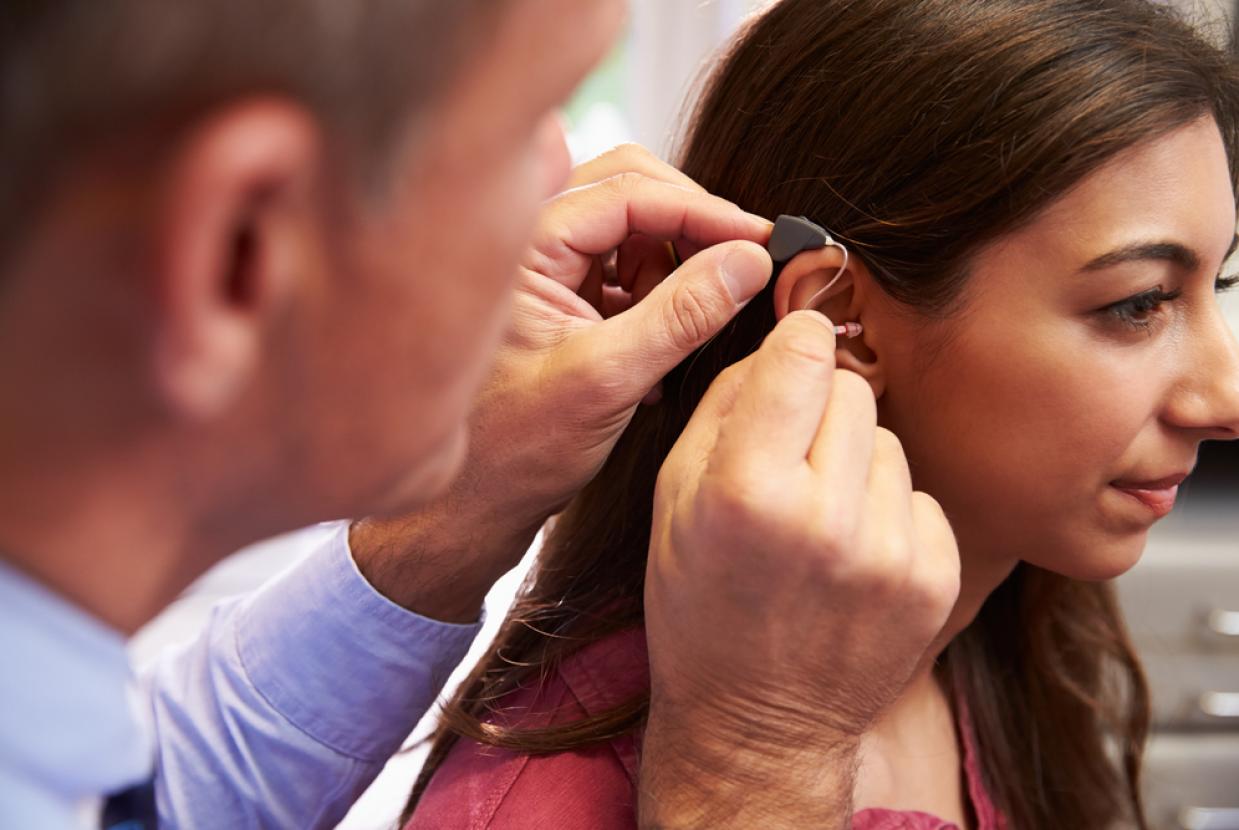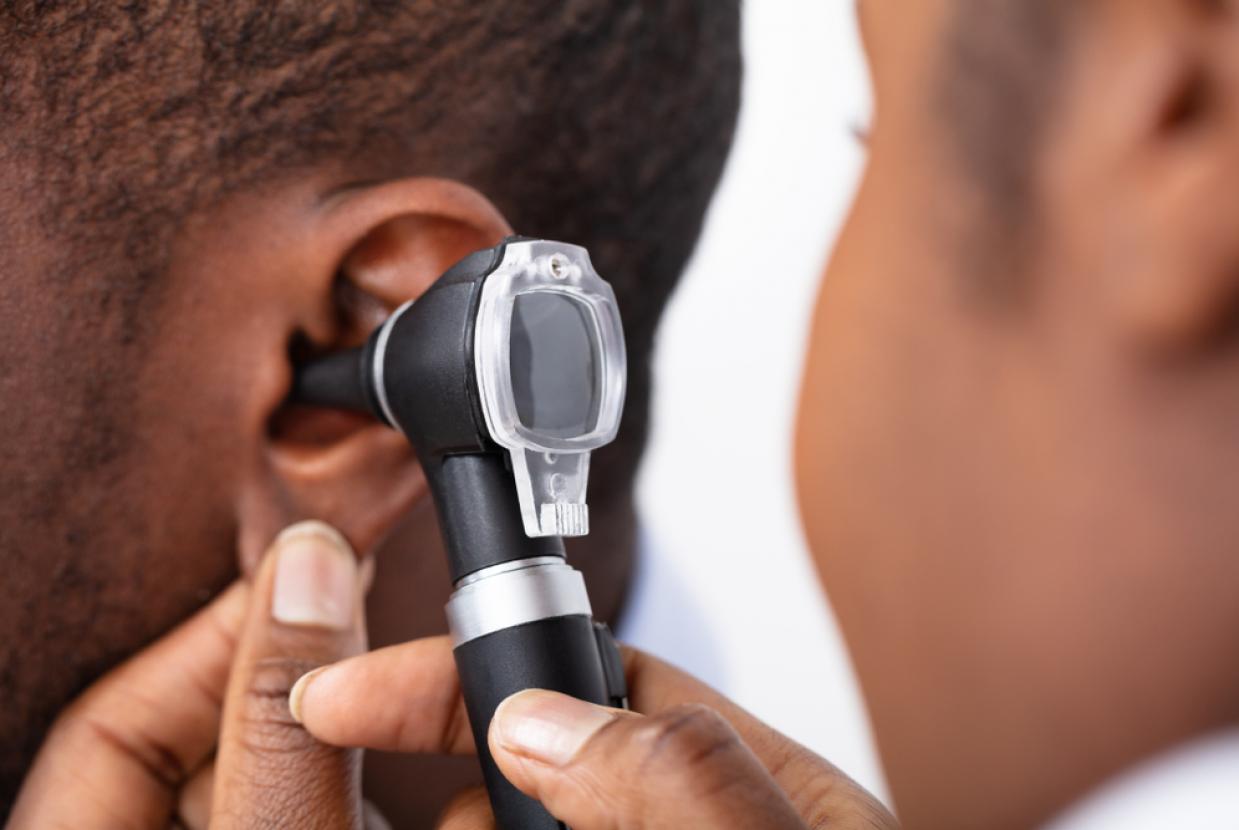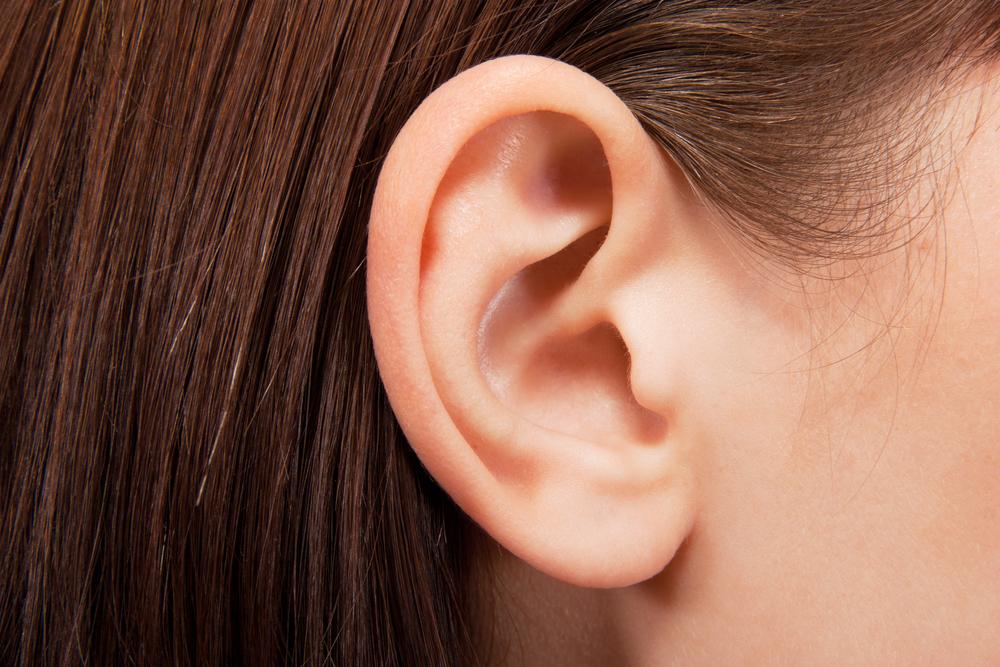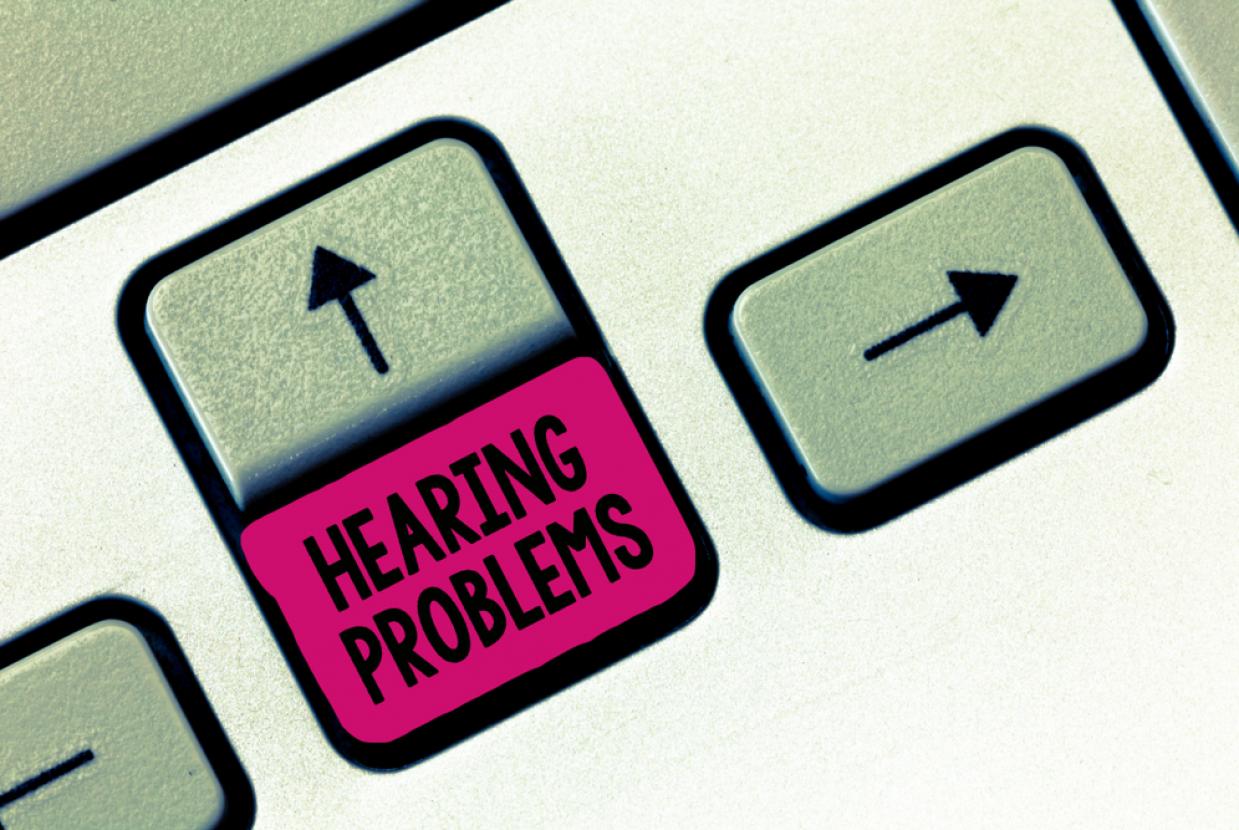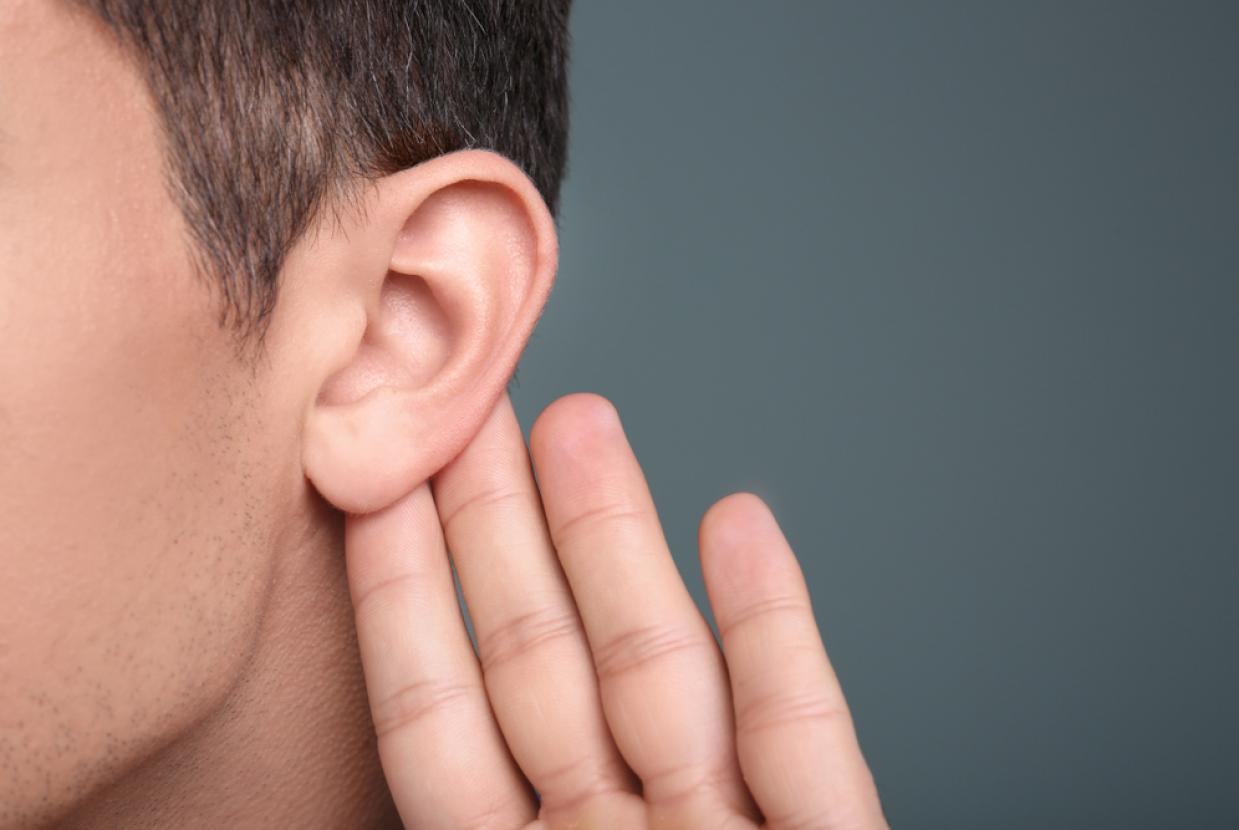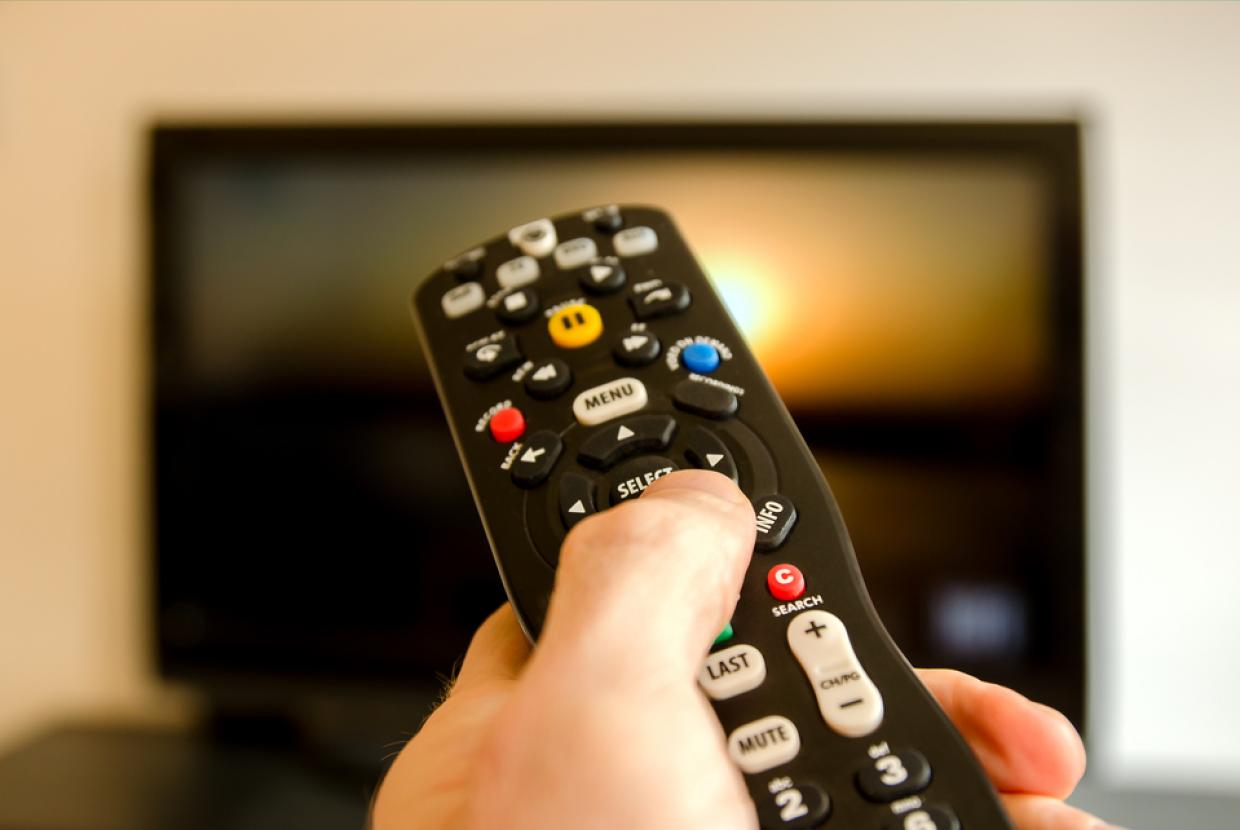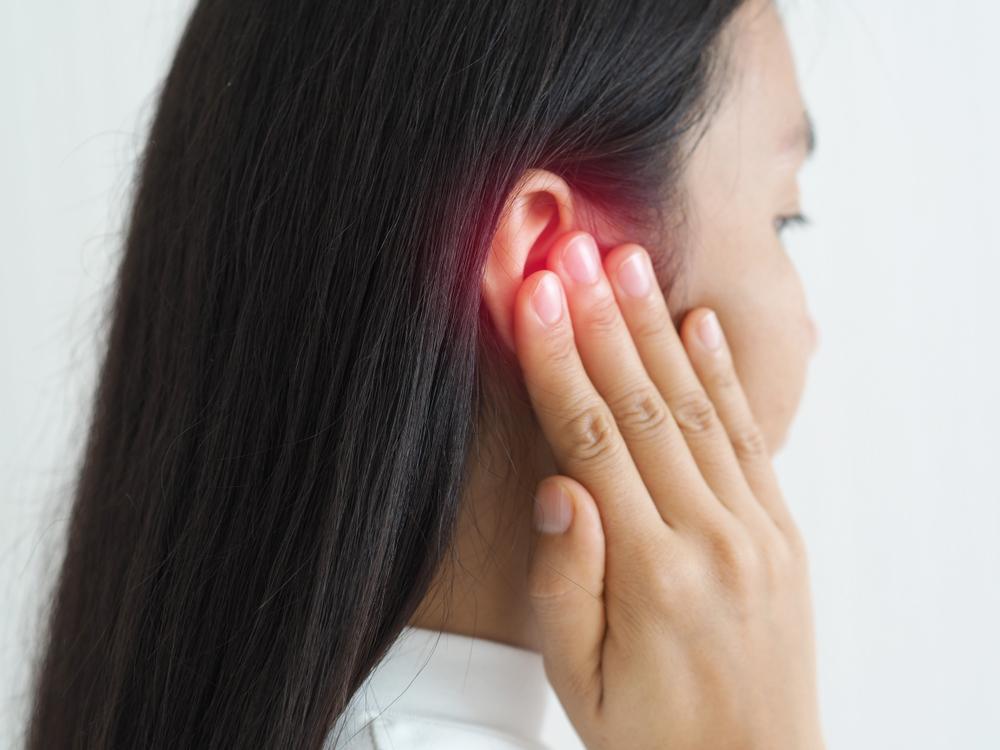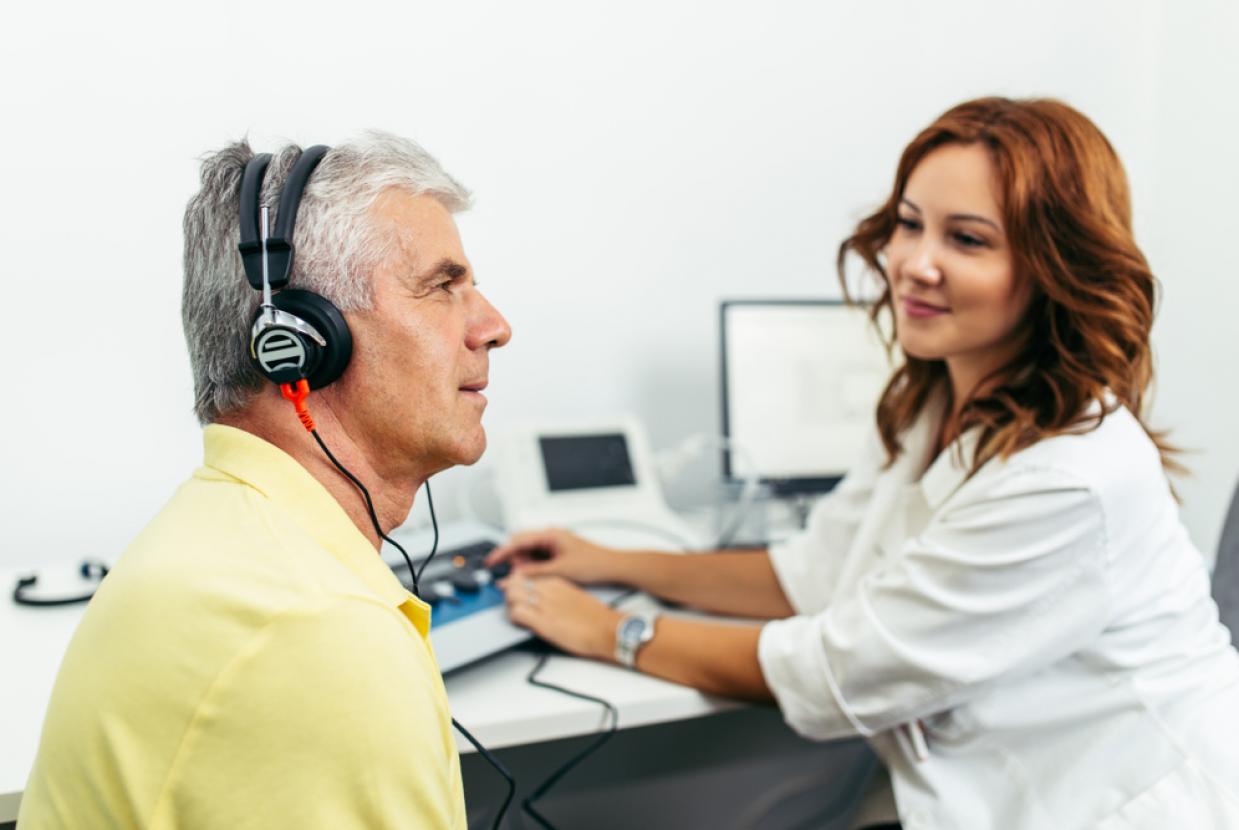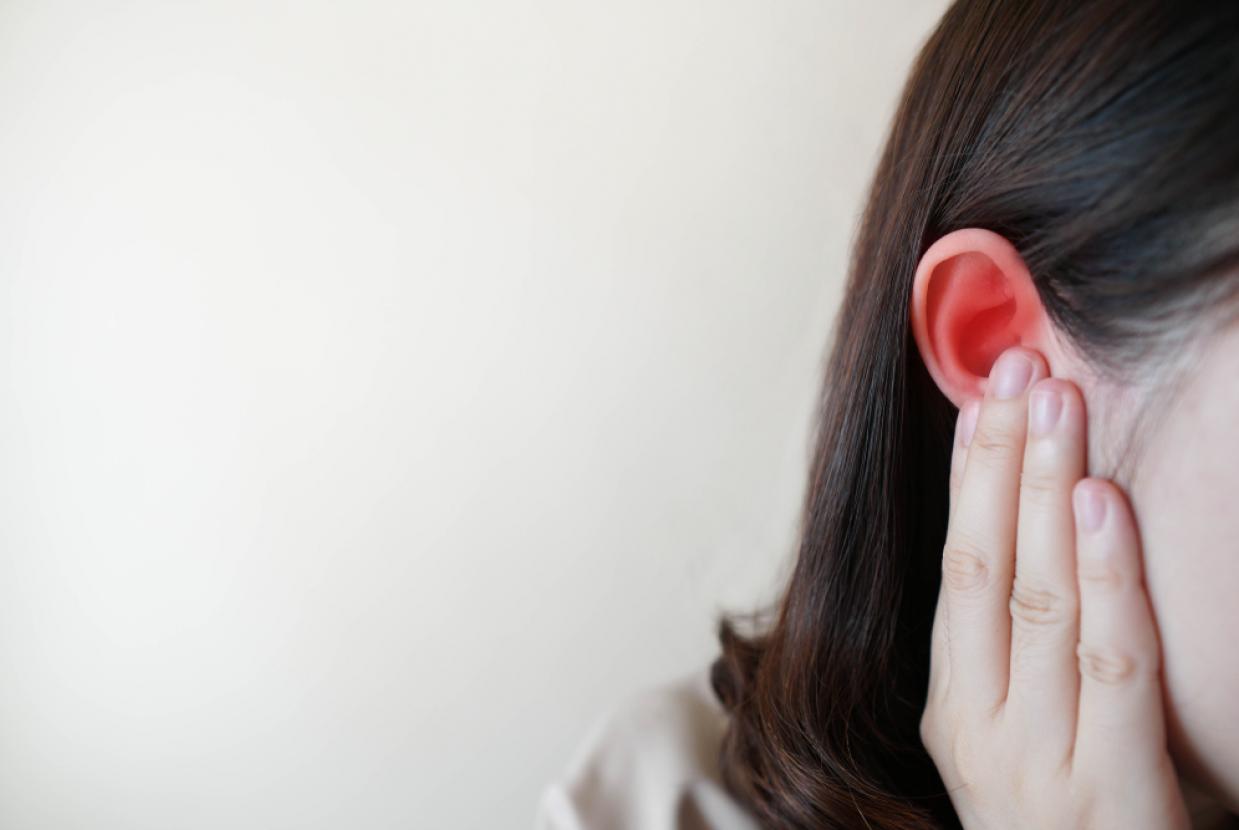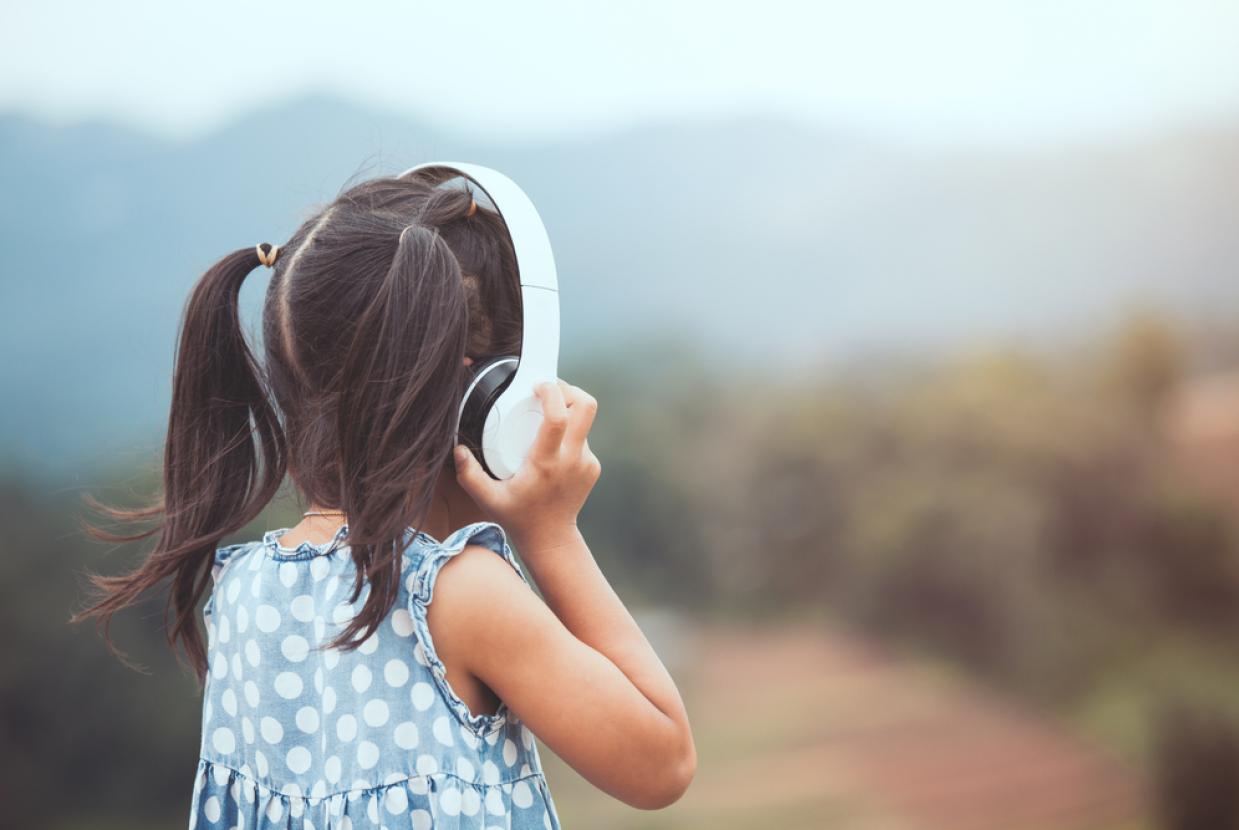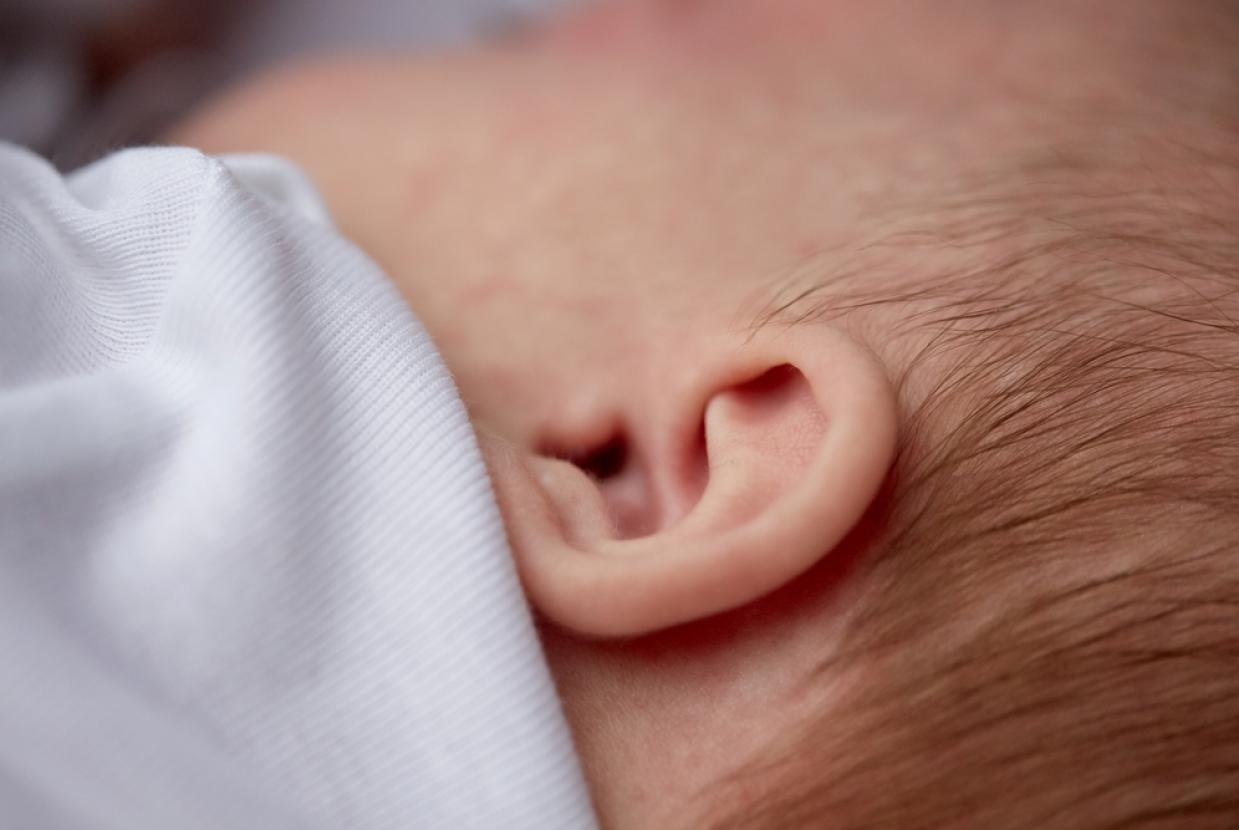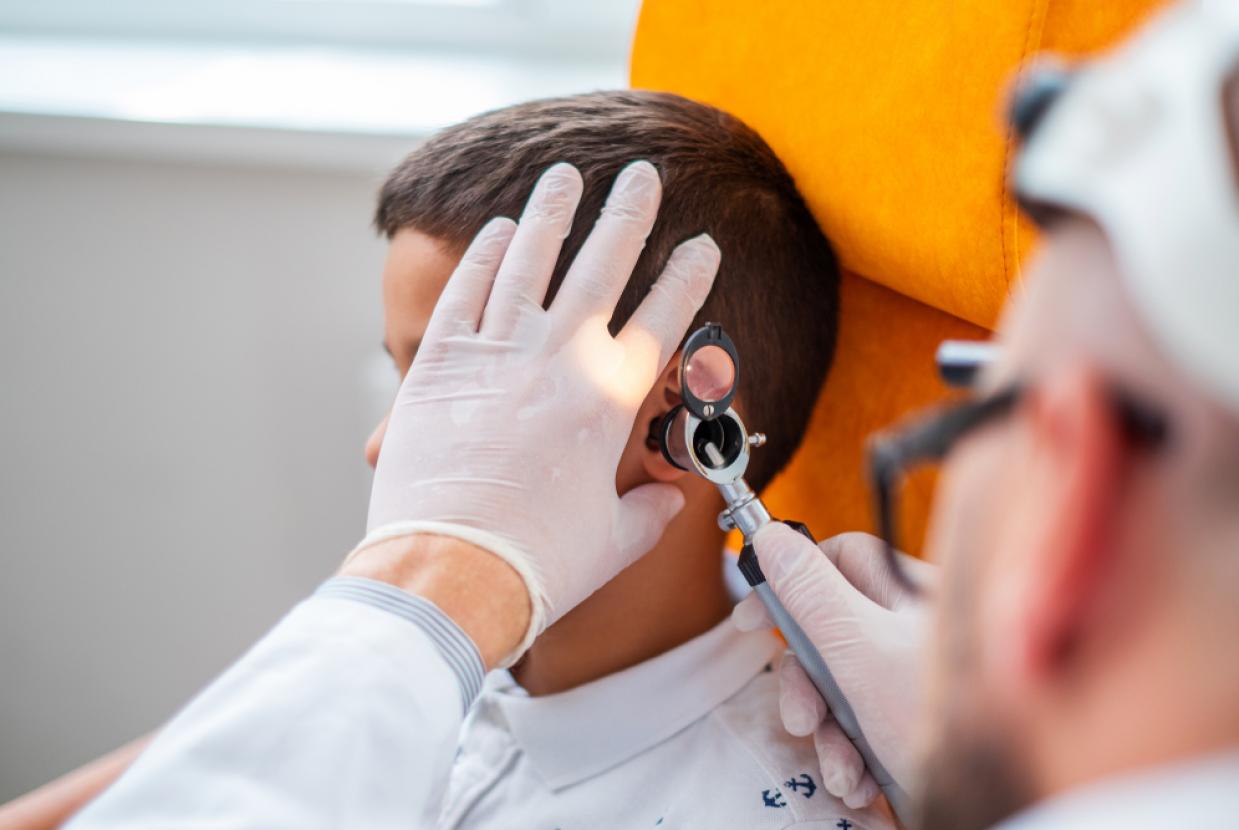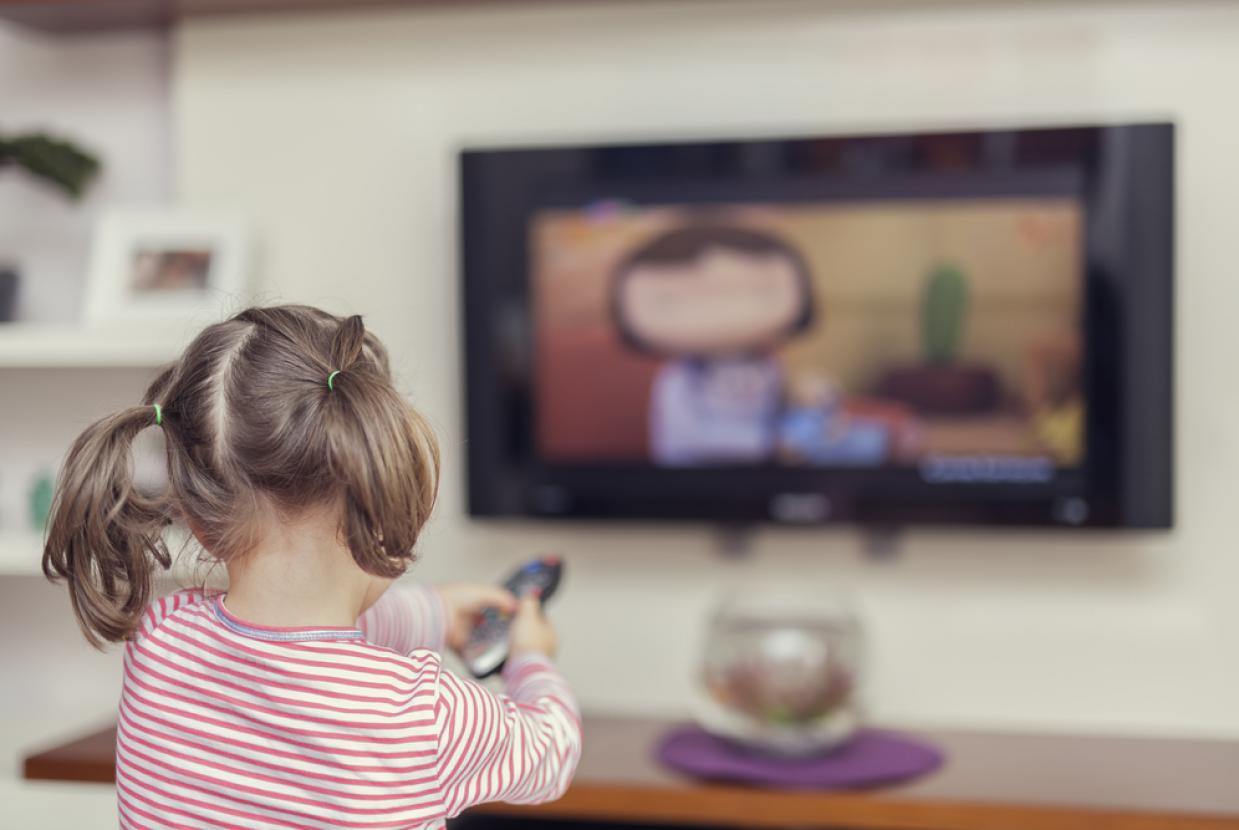Noise-Induced Hearing Loss
Exposure to loud noise is the second biggest cause of hearing loss. You might not notice the effects of noise-induced hearing loss until years after you were first exposed to loud noise.
Some people experience tinnitus as the first sign that their hearing has been damaged by noise.
Causes of noise-induced hearing loss
Noise-induced hearing loss is caused by being around very loud noises for a long time.
This could include:
- being in a noisy workplace
- listening to loud music
- loud bursts of sound, like gunshot or explosions.
How to tell if sounds are too loud
Noise levels are usually measured in dB(A), which is a decibel scale that mirrors the sensitivity of human ears to different levels and pitches of sound.
Long exposure to sounds over 80dB(A) can damage your ears.
In a real-life situation, you should be able to talk to someone who is 2 metres away without having to shout over background noise. If you can’t be heard over the background sounds, the noise levels could be hazardous.
If you go somewhere where the sound level hurts your ears, you should leave.
How noise exposure affects your hearing
If you have hearing loss caused by exposure to noise, you will experience a dip in your hearing in the high frequencies. This means you won’t be able to hear high-pitched sounds as well as sounds at lower pitches.
If the noise exposure carries on, this dip will spread and affect both lower and high frequencies.
If it gets worse and affects a wider frequency range, you might find it difficult to follow conversations over background noise. You might also find it hard to hear what someone is saying, even in a quiet room.
Noise-induced hearing loss prevention
To prevent noise exposure, it’s best to avoid loud sounds at work, at home or when you go out. There are steps you can take to protect your hearing.
Noise-induced hearing loss treatment
There is no cure for noise-induced hearing loss, but many people use hearing aids to hear better in everyday situations.











